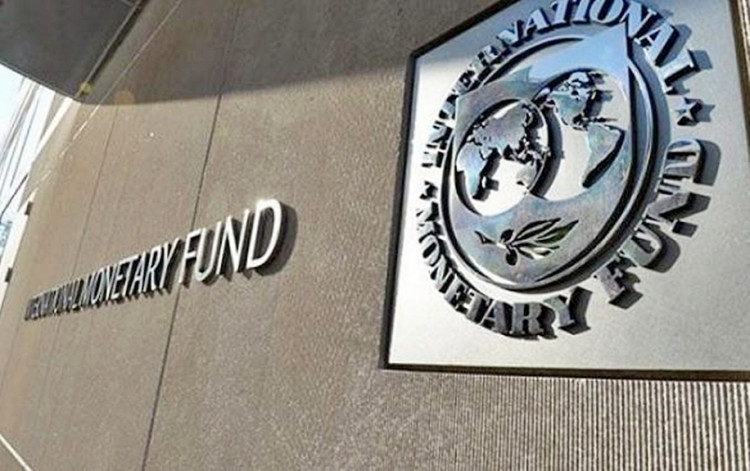China is objecting to a report by the International Monetary Fund (IMF) that it isn't an open economy in the manner of the United States and the European Union (EU) and said it has taken steps to improve access to its command economy.
Alfred Schipke, Senior Resident Representative of China for the IMF. said when it comes to service trade and investment, China is still very restrictive.
The IMF findings were based on available data from the Organization for Economic Cooperation and Development (OECD), the World Bank and the International Finance Corporation. Both the U.S. and the EU have refused to recognize China as a market economy.
In its defense, China said the IMF should not have used OECD indicators to measure China's openness because it's not a member of the OECD. Instead, China claims its trade and investment regime is "more open" than the IMF's assessment and now complies with all its World Trade Organization commitments.
To mollify the West, China announced earlier this year it will allow foreign control of financial and auto joint ventures; boost access to its capital market and narrow the list of sectors in which foreign investment is restricted.
China still clings to its homegrown "socialist market economy" (SME), which is essentially a command economy based on state domination of the economy and the overwhelming influence over the economy by state-owned enterprises (SOEs).
The IMF, however, disagrees with China's assessment of its progress in reforming SOEs, reducing trade and investment barriers and its efforts to slash the massive government debt threatening to drive the economy into a recession.
IMF also said China should foster more market openness; de-emphasize its annual GDP growth target as a key measure of economic growth; enhance government control of credit growth and modernize its policy framework, which means limiting government interference in the economy.
Foreign Direct Investments (FDI) into China have been trending downward over the past decade as a percentage of GDP. The ratio has now fallen below the average of emerging market economies and indicates growing wariness by foreign investors in China's command economy.
A China remains the world's second largest after foreign investment in the US, amounting to US$131 billion in 2017, but the IMF said it has shown a downward trend over the past decade. The IMF has also raised concern over China's rising global debt levels.
In a previous review of China's economy in July, the IMF said China's economy is doing well while reforms are making good progress. In particular, credit growth has slowed.





